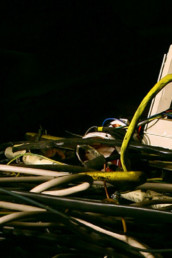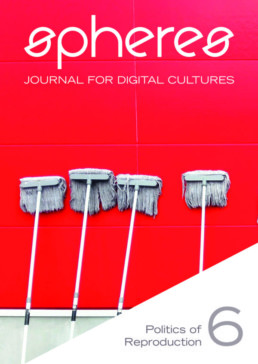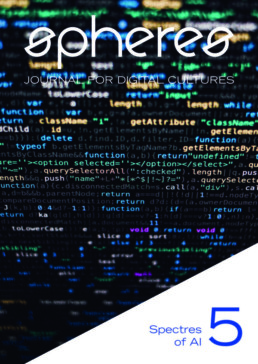October 5, 2021
New Contribution: Digital Labour and Social Reproduction – Crowdwork in Germany and Romania
Issue #6: Politics of Reproduction has received a new submission: In Digital Labour and Social Reproduction – Crowdwork in Germany and Romania, Mira Wallis demonstrates how crowdwork platforms such as Upwork, Appen or Microworkers intervene in the field of social reproduction. She does so on the basis of two questions: Firstly, she explores why people in Germany and Romania choose crowdwork and how these motivations are related to local conditions of reproduction. To what extent is their decision to engage in this form of digital home-based platform labour also a strategy for dealing with multiple crises of social reproduction? Secondly, she investigates how crowdworkers navigate the different spatialities and temporalities that emerge through working on a global digital labour platform from their private homes. Both questions are discussed on the basis of in-depth ethnographic research on crowdwork in Germany and Romania between 2018 and 2021.
read moreApril 1, 2020
New Issue: #6 Politics of Reproduction
This special issue of spheres contributes to a critical engagement with the politics of reproduction, and as this relates to digital cultures in particular. Job losses, foreclosures, homelessness and dispossession, indebtedness, and rising precarity have shaped the realities of many in the wake of the Great Recession of the late-2000s. Although for many of course, an economic crisis – a crisis in the capacity to meet needs and desires in the context of scarce resources – long predates this point. It is these crises of social reproduction, and the emergence of social movements and struggles from within them, that provides the context in which much recent scholarship on the politics of reproduction has been produced and has circulated. It is also what has given it much of its urgency.
read moreNovember 20, 2019
New Issue: #5 Spectres of AI
Artificial intelligence (AI) is arguably the new spectre of digital cultures. By filtering information out of existing data, it determines the way we see the world and how the world sees us. Yet the vision algorithms have of our future is built on our past. What we teach these algorithms ultimately reflects back on us and it is therefore no surprise when artificial intelligence starts to classify on the basis of race, class and gender. With this issue of spheres we want to focus on current discussions around AI, automation, robotics and machine learning, from an explicitly political perspective. Instead of invoking and, therefore, perpetuating the spectre of artificial intelligence as a ‘programmed vision’ built on our past, we are interested in tracing human and non-human agency within automated processes, discussing the ethical implications of machine learning, and exploring the ideologies behind the imaginaries of AI.
read more












